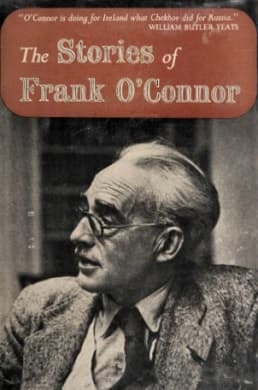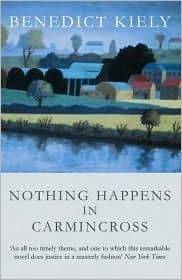Laynta participates in the Amazon Services LLC Associates Program, an affiliate advertising initiative that allows us to earn fees by linking to Amazon.com.

Guests of the Nation
Guests of the Nation, a collection of short stories by Frank O Connor, is a profound and insightful anthology that showcases the author's remarkable ability to capture the essence of Irish life and character. While the title story of the same name is often the most recognised and acclaimed, the collection as a whole offers a rich tapestry of narratives that delve into various aspects of Irish society, culture, and the human condition.
Each story in the collection brings to life a diverse range of characters and settings, from rural Irish villages to the turbulent streets of cities during times of conflict. O Connor's stories are distinguished by their empathetic portrayal of ordinary people, often caught in the crossfires of larger historical and political forces. The narratives are marked by O Connor's keen observation, subtle humor, and a deep understanding of the complexities of human nature.
The title story, Guests of the Nation, sets the tone for the collection with its exploration of the moral ambiguities and personal conflicts during the Irish War of Independence. Other stories in the collection continue this exploration of personal and national identity, the struggles of everyday life, and the universal themes of love, loss, and belonging.
Frank O Connor's Guests of the Nation stands as a significant work in Irish literature, celebrated not only for its historical and cultural insights but also for its timeless exploration of the depths of human empathy and resilience. The collection is a testament to O Connor's mastery of the short story form and his enduring legacy as one of Ireland's most insightful storytellers.
He looked at me for a spell and said, 'I thought you knew we were keeping them as hostages.' 'Hostages — ?' says I, not quite understanding. 'The enemy,' he says in his heavy way, 'have prisoners belong to us, and now they talk of shooting them. If they shoot our prisoners we'll shoot theirs, and serve them right.'






